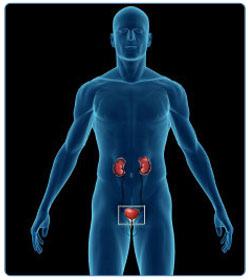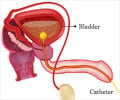Risk Factors / Causes
The risk factors that predisposes a person to develop stress incontinence are age, gender, recurrent childbirth, menopause, surgery and obesity.
Women are generally more prone to get urinary incontinence than men. Women in their middle age and beyond are more affected when compared to young females. Some of the risk factors that predisposes a person to develop this condition are discussed below-
Age
Old age is associated with many physiologic changes, which alter the architecture of the muscle in and around the urethra, thereby weakening them. This may lead to incontinence.
Pregnancy and childbirth
Pregnancy and childbirth, physical straining during labor or mechanical injury caused by the use of instruments during delivery are often the cause of incontinence. A woman who has undergone several childbirth is more prone to develop this condition.
Menopause
Menopausal women experience hormonal changes which makes them more susceptible to urinary incontinence in comparison to pre-menopausal women.
Obesity
Obesity is also a risk factor due to increase in the work load of the pelvis as a result of overweight.
Defect in valve mechanism of the urethra
A compromise on the working of the urethral valve, which is responsible for storing and emptying urine, can result in urinary incontinence. It is most common in women with repeated pregnancy and childbirth.
Surgery or Radiotherapy
Patients who undergo any form of pelvic surgery or radiotherapy for tumors in the cervix or rectum may develop urinary incontinence.











